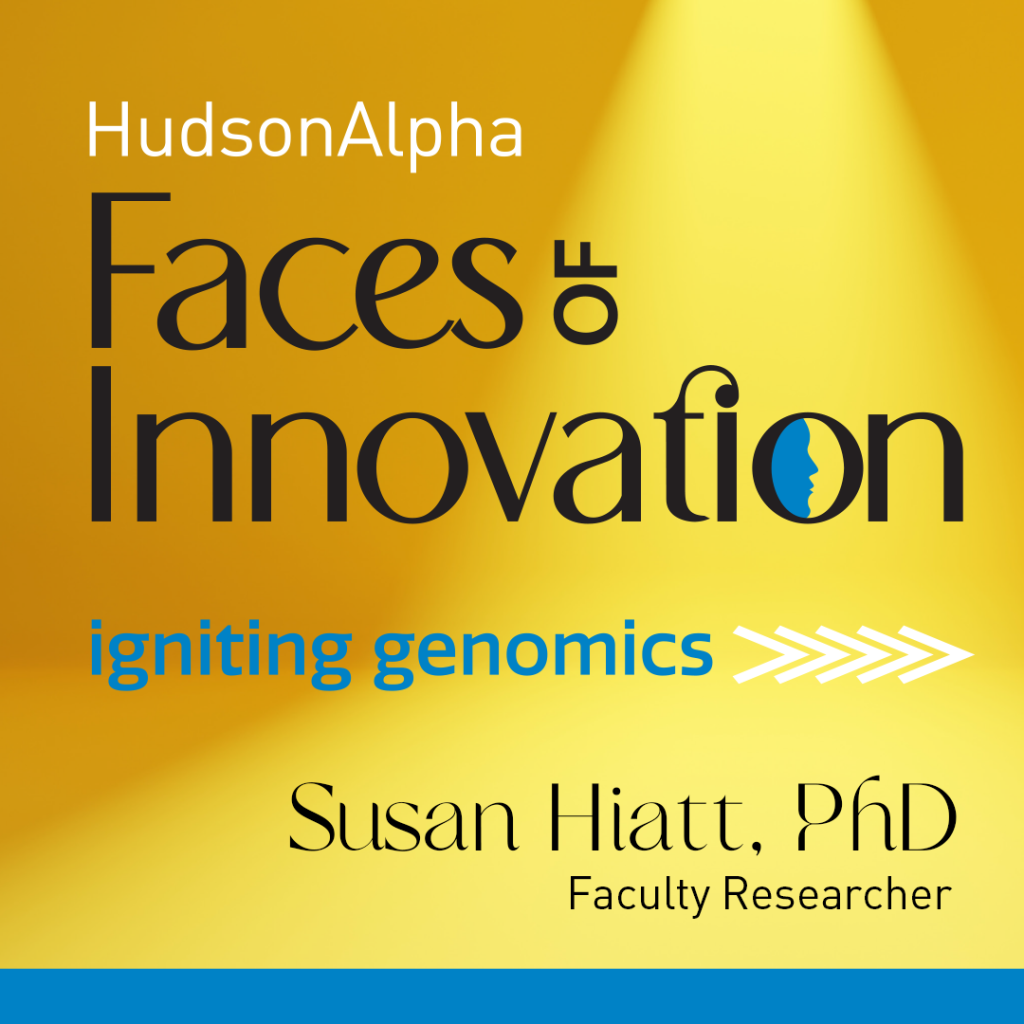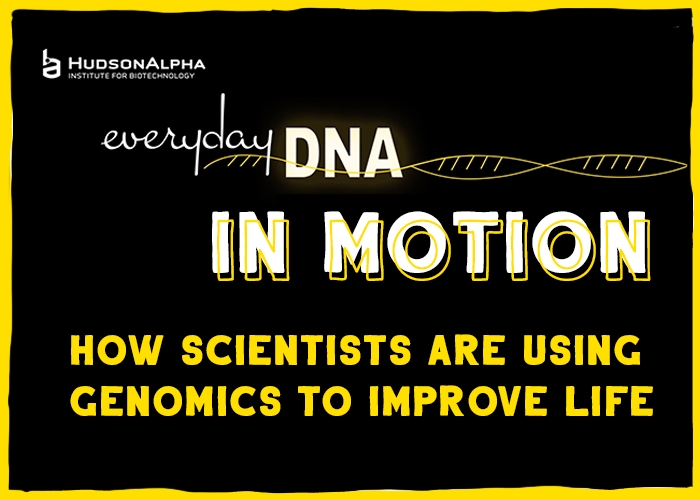Huntsville, Ala. — An experiment conducted by HudsonAlpha and collaborators revealed why bacteria behave differently in the microgravity environment of space. Results were published online Nov. 2 in PLOS ONE.
The study called the Antibiotic Effectiveness in Space experiment, is a collaboration between the HudsonAlpha Genomic Services Lab (GSL) and BioServe Space Technologies, a NASA-supported center in the University of Colorado at Boulder’s aerospace engineering sciences department. The team analyzed samples of antibiotic-resistant bacteria that returned from space aboard the SpaceX Dragon capsule.
The investigation examined changes in gene expression of the bacteria E. coli during exposure to different concentrations of antibiotics while in the microgravity environment of space. E. coli is often used in microgravity studies because it is one of the several bacteria that grow more rapidly in space than on Earth.
“This new understanding of how extracellular biophysical processes initiate mechanical transduction signals in bacteria in space may serve not only to protect astronauts, but also people here on earth with new vaccine development, finding novel molecular targets against drug-resistant pathogens, and testing of molecules to be used against osteoporosis or cancer,” said lead author Luis Zea, PhD, of the University of Colorado, Boulder.
According to a blog post from PLOS Research News, the authors found that in space, the bacteria expressed more genes associated with starvation conditions, including genes encoding proteins for amino acid synthesis, glucose breakdown and use of alternative carbon sources.
The GSL, led by Shawn Levy, PhD, sequenced the genome and transcriptomes – that is all of the DNA and all of the RNA – of the bacterial samples.
“The rapid changes in how bacteria respond to antibiotics are not well understood,” said Levy. “This collaboration between HudsonAlpha and BioServe Space Technologies has helped advance our understanding of the mechanisms that bacteria use to rapidly respond to antibiotics and develop resistance.”
About HudsonAlpha: HudsonAlpha Institute for Biotechnology is a nonprofit institute dedicated to innovating in the field of genomic technology and sciences across a spectrum of biological challenges. Opened in 2008, its mission is four-fold: sparking scientific discoveries that can impact human health and well-being; bringing genomic medicine into clinical care; fostering life sciences entrepreneurship and business growth; and encouraging the creation of a genomics-literate workforce and society. The HudsonAlpha biotechnology campus consists of 152 acres nestled within Cummings Research Park, the nation’s second largest research park. Designed to be a hothouse of biotech economic development, HudsonAlpha’s state-of-the-art facilities co-locate nonprofit scientific researchers with entrepreneurs and educators. The relationships formed on the HudsonAlpha campus encourage collaborations that produce advances in medicine and agriculture. Under the leadership of Dr. Richard M. Myers, a key collaborator on the Human Genome Project, HudsonAlpha has become a national and international leader in genetics and genomics research and biotech education, and includes more than 30 diverse biotech companies on campus. To learn more about HudsonAlpha, visit: http://hudsonalpha.org/.
Media Contact:
Margetta Thomas
mthomas@hudsonalpha.org
256-327-0425


